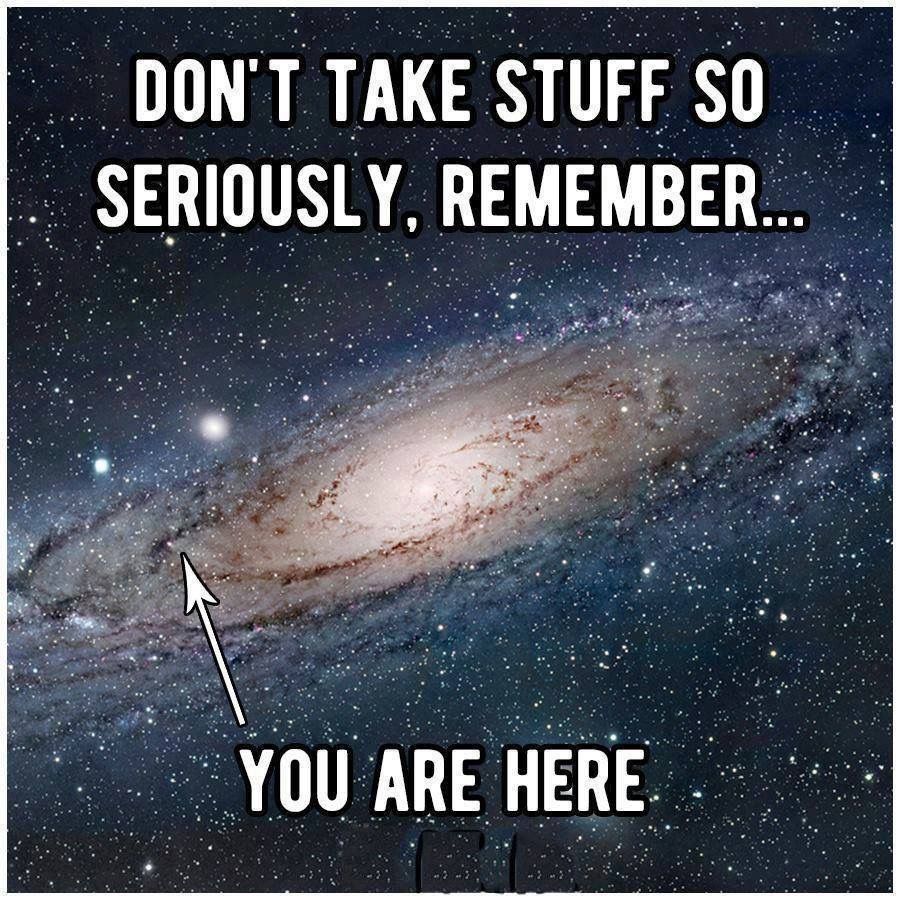Why Mankind Loves Religion
Do We Need Religion?

Since the dawn of civilization, humans have turned to religion—not just as a means to explain the unexplainable, but as a way to find connection, purpose, and hope. Across continents and centuries, we see the same pattern: temples, scriptures, rituals, and gods. The names change. The stories evolve. But the draw remains the same.
So why does mankind love religion?
1. It Gives Meaning in a Meaningless World
The universe is vast, chaotic, and often indifferent. Religion steps in and says, “No, there is a reason.” Whether it’s divine purpose, karma, or cosmic justice, religion wraps our random pain in a narrative that feels manageable. It offers meaning—not just to life, but to suffering, loss, and love.
2. It Answers the Big Questions
Why are we here? What happens after we die? Religion doesn’t flinch. It has answers, stories, and symbols ready for the questions that philosophy and science still debate. And for many, that certainty is comforting—even necessary.
3. It Builds Community
Humans are social creatures. We long to belong. Religion binds people together with shared beliefs, rituals, holidays, and moral codes. It creates in-groups, defines traditions, and establishes a culture that feels like home.
4. It Offers Hope and Justice
In a world where bad people often prosper and good people suffer, religion promises eventual justice. A final judgment. A reward for righteousness. A heaven for the weary. That hope is powerful—and for many, essential.
5. It Tames Chaos
Religions often serve as moral compasses. They offer laws, commandments, or principles to live by. In chaotic or lawless environments, religion can act as a stabilizing force. Even today, many legal systems trace their roots to religious codes.
6. It Elevates the Mundane
Birth, death, eating, cleaning, resting—religion can make the ordinary sacred. A blessing over bread. A prayer before sleep. A ritual after a loss. In doing so, it elevates life from routine to reverent.
So, do we love religion—or do we need it?
Maybe both.
Even in our so-called secular age, we see new “religions” taking shape—ideologies, movements, and belief systems that offer the same structure: shared values, sacred symbols, sinners and saints, rules and rituals. It turns out the religious impulse is hardwired.
In the end, mankind may not love religion because of God. We may love it because of what it does for us. And maybe that's the point.











